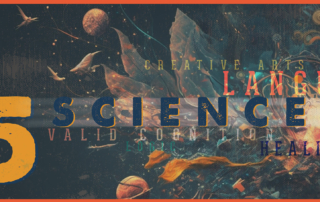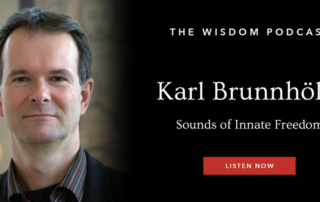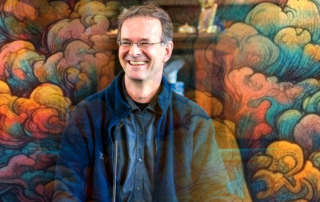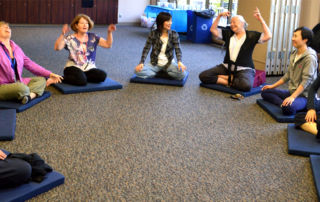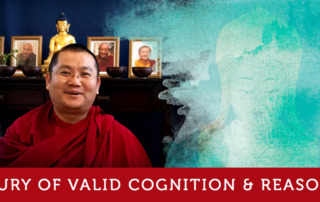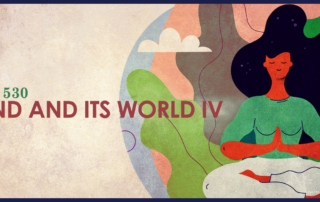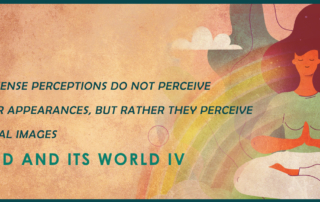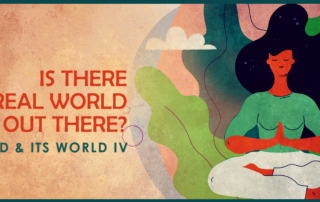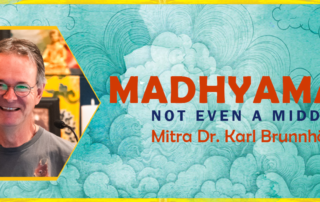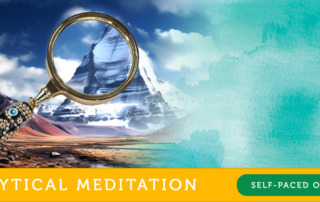The five sciences
The Five Sciences: Accomplishing the Aim of the Bodhisattva This year at the 2023 Summer Institute, the five sciences will be taught on site at the University of Colorado, Boulder In order to benefit all sentient beings, one needs to be able to communicate according to the interests and abilities of a great diversity of minds. The best training for achieving that goal is the training in the five sciences because, together, they encompass all that can be known. Lama Mipham said, “All mundane and supramundane topics of knowledge can be contained . . . within a simple enumeration of just five fields of knowledge.”1 As aspiring bodhisattvas,
